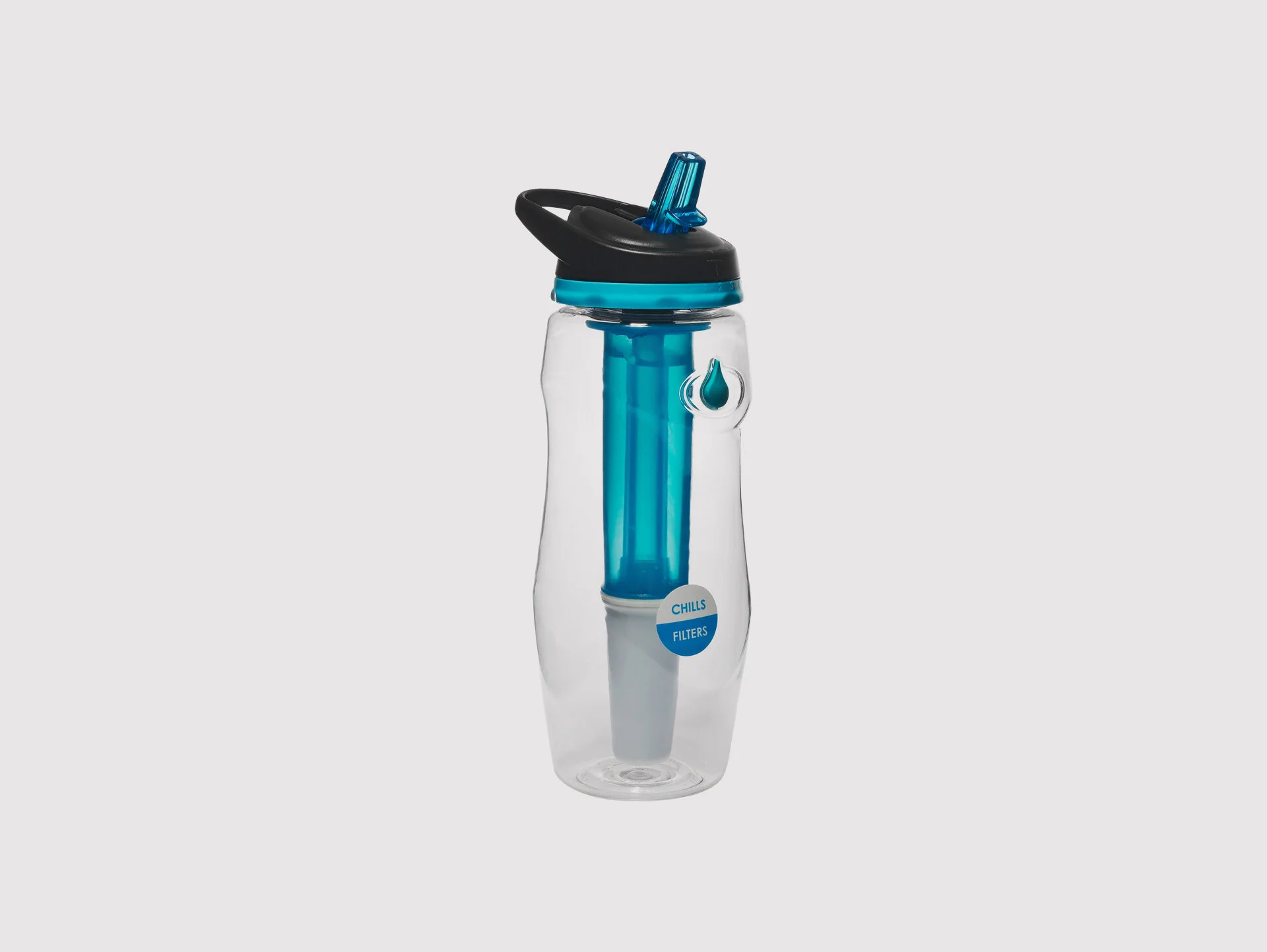Are You Drinking Water Correctly?
I bet you just read that title and said, “oh please, I know how to drink water” but before you click next, know that MOST people do not know how to drink water. By that, I mean most people don't know:
how much water they should drink in a day
when they should stop drinking water before bed
whether gulping or sipping is better
what exactly is counted as water as part of their fluid intake.
So let’s get started. How much water should we drink in one day and what is counted as water?
I’ll start with water is counted as water. Period. Water in your coffee, soda or food is counted towards your fluid intake. Fluid intake is different from water intake.
Historically we have all heard that you should drink eight, eight-ounce glasses of water, but that doesn’t take into account other factors like our weight or activity levels. The literature gives us variable information, but typically we see that we should get half our body weight in fluid ounces. Fluid includes the water you drink, the coffee at breakfast and the soup for lunch.
But how much of that fluid intake should be just water? About 75% of your fluid intake should be water, and remember your total fluid intake is 50% of your body weight. So if you weigh 150 pounds, half of that is 75 fluid ounces. 75 fluid ounces should be your daily fluid intake, and 75% of 75 ounces is 56 ounces. This means a 150-pound person should be drinking 56 ounces of just water.
It’s important to recognize that these numbers can change and are impacted by a few things including your environment - like the season you are in or what kind of climate you live in, your exercise levels (how much you sweat), if you are breast/chestfeeding, and your diet. So the more you sweat and the hotter the weather is, the more water you are likely to need to stay hydrated.
Now, is gulping or sipping better?
A lot of us don’t even realize how we drink water or know how it impacts our lives. As a pelvic floor physical therapist, I see people who pee too often (urinary frequency) or have a really intense sensation that they need to pee (urinary urgency). Sometimes, part of the problem is that they are gulping cups of water at a time. When we drink large amounts of water in one sitting, our body thinks that this is how we will continue drinking water the rest of the day and it decides that it doesn’t need all of it at once. So it filters most of it through and you pee it out. Not only does that make you pee more often and with greater urgency, but you aren’t getting the benefits of the water (hydration!)
So instead of drinking multiple cups of water every couple of hours, try to sip on your water throughout the day. Not only will your bladder thank you, but your body will too because it can use the water you’re drinking instead of peeing most of it out.
Lastly, when should we stop drinking water?
To avoid waking up multiple times a night it is best to cut off fluids 2-3 hours before bedtime. This doesn’t mean decrease your total water intake but instead trying to get most of your water in during the day. For those that take medications before bed, try to drink only what you need for the specific medication. Drinking only water after 3 PM is another way to keep your bladder happy and make you less likely to get up at night.
All of this being said, we realize that some of these tips may be very challenging for some. Especially those that work in a hospital or at a school and cannot sip on water throughout the day because of masks or a busy schedule. This post is creating an ideal situation in a perfect world. While we know that we do not live in a perfect world, small changes can make a big difference.
Pelvic health is not about being perfect. It's about making small, sustainable changes.
If you have more questions about water intake and how it could affect your bladder function, schedule a 15-minute free consultation with one of our physical therapists by calling 512-766-2649 or contacting us here.
Learn more about the author, Jessica Chastka, PT, DPT, WCS.

